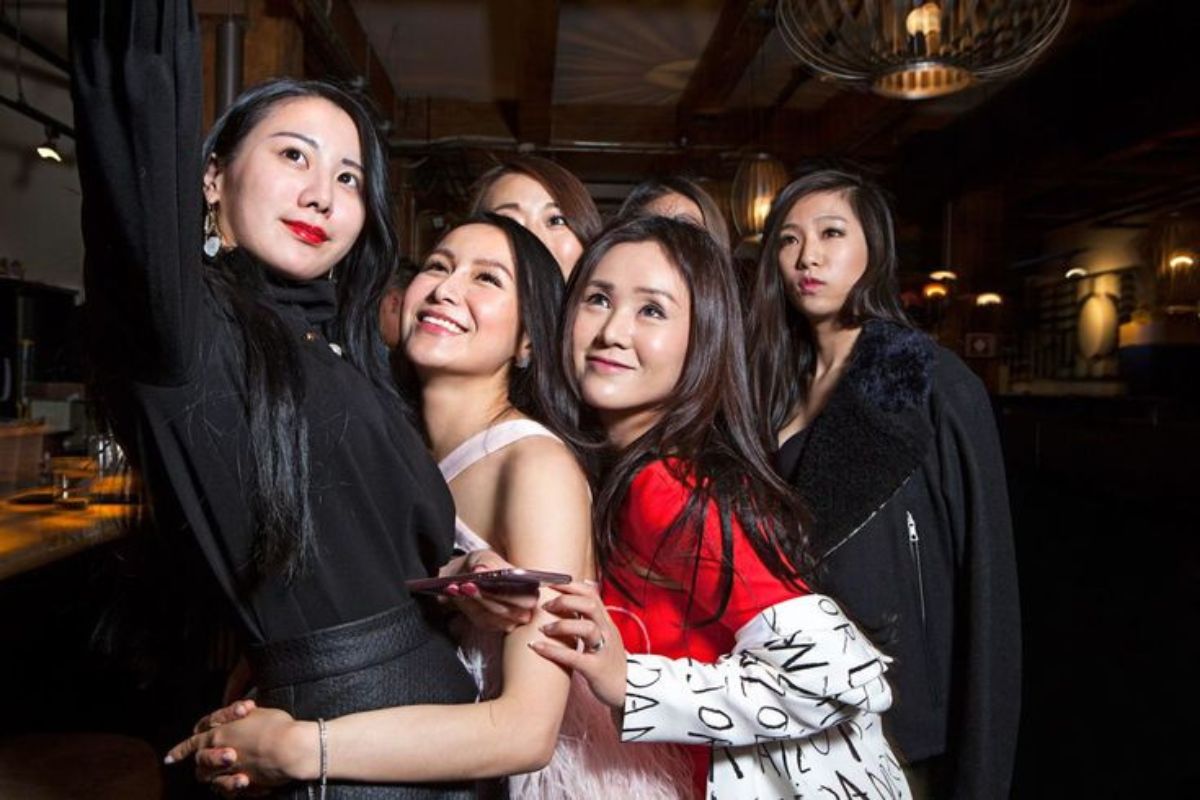It is widely assumed that wealthy young Japanese people are more inclined to conceal their “true identities” in order to test the generosity of others around them. Is it a joke or a true story? Join Wanderlust Tips USA to solve the enigma of these privileged kids’ unique lifestyle in Japan.
Children born into wealthy households in Japan have amazed the world with their successful lives. They don’t have the “smell of money” of the super-rich, but that doesn’t imply they don’t spend a lot of money. The way Japanese privileged youngsters display their “affluence” differs greatly from the rest of Asia.
The “rich kids” fad was formally developed in response to the growth of the social network Instagram; thus, the trend is often referred to as “rich kids of Instagram.” With the simple statement, “They have more money than you, and this is what they do,” it captures the attention of a large portion of the audience.
This trend has been there for a long time and shows no signs of abating. When it comes to “flaunting status” and “spending money like water” on social media, the Chinese “Fu Nhi Dai” group cannot be ignored. Nonetheless, according to the HNWI (High-Net-Worth Individual) rankings, China is only second in Asia, with Japan taking first place.

So, what did the Japanese affluent kids do with such vast sums of money? It is not an exaggeration to suggest that boasting about a wealthy existence filled with brand names, mansions, and luxury automobiles is a thing of the past. Let us learn how to spend a lot of money wisely from Asian rich kids champions (Japanese rich kids).
Rich kid Japanese says no to showing off
The social lifestyle of the Japanese differs from that of other countries. While China and many other Asian countries frequently publicize their enormous wealth in order to demonstrate their class and increase prosperity, this is considered “shameful” in Japan.
Japanese society has had a legislation prohibiting the display of money and material things since the Edo era, which lasted from 1603 to 1867. As a result, the Japanese typically avoid from flaunting their wealth. No one knows for sure, yet this legend has been passed down through centuries.
Another intriguing aspect of Japan is that not every wealthy individual wears branded clothing and drives a premium car. Many wealthy people do not build castles, villas, or live in luxurious apartments. They are more likely to use public transportation to get about, eat at popular restaurants, and live a simple lifestyle.

Children born at the finish line are taught to walk to the finish line on their own
It may sound like an oxymoron, but being born into a wealthy family does not guarantee you will have everything.

From a young age, these boys and girls are taught humility, the pursuit of quiet thinking, how to live like the rest of the community, and, most importantly, how to earn money. According to statistics, more than half of the wealthy children can manage their own businesses without relying on assets or family links.
Pursuing the Danshari lifestyle
Young Japanese people are becoming interested in a minimalist lifestyle known as Danshari in Japanese. This method entails foregoing frivolous material needs and living as simply as possible. The Japanese wealthy children are no exception.
This does not imply that they are as frugal as you believe; these wealthy youngsters spend lavishly but prioritize their spiritual life over their material demands.

These people are willing to spend a lot of money to own their favorite artwork or to take a vacation around the world. Instead of wasting money on expensive stuff to show off, they prioritize the most important things that make them feel comfortable and truly happy, such as investing in themselves through a course in famous institutions and spending on increasing their social circles.
The young generation needs more experience and contemplation
It’s understandable that many people want to flaunt their financial goods and even pose as privileged kids in order to grab the attention of others. Furthermore, the “jealous” attitude, or the desire to see what they love and dream of, is a major driver of the present “flexing” phenomena.
Showing off what you have isn’t entirely a good or bad thing. However, in order to get the most thorough view, it is sometimes important to slow down, look back at the situation, and learn more. Living minimally, modestly, humbly, and appreciating what we have, as Japan’s rich kids demonstrate to the world, is something worth thinking and studying.


